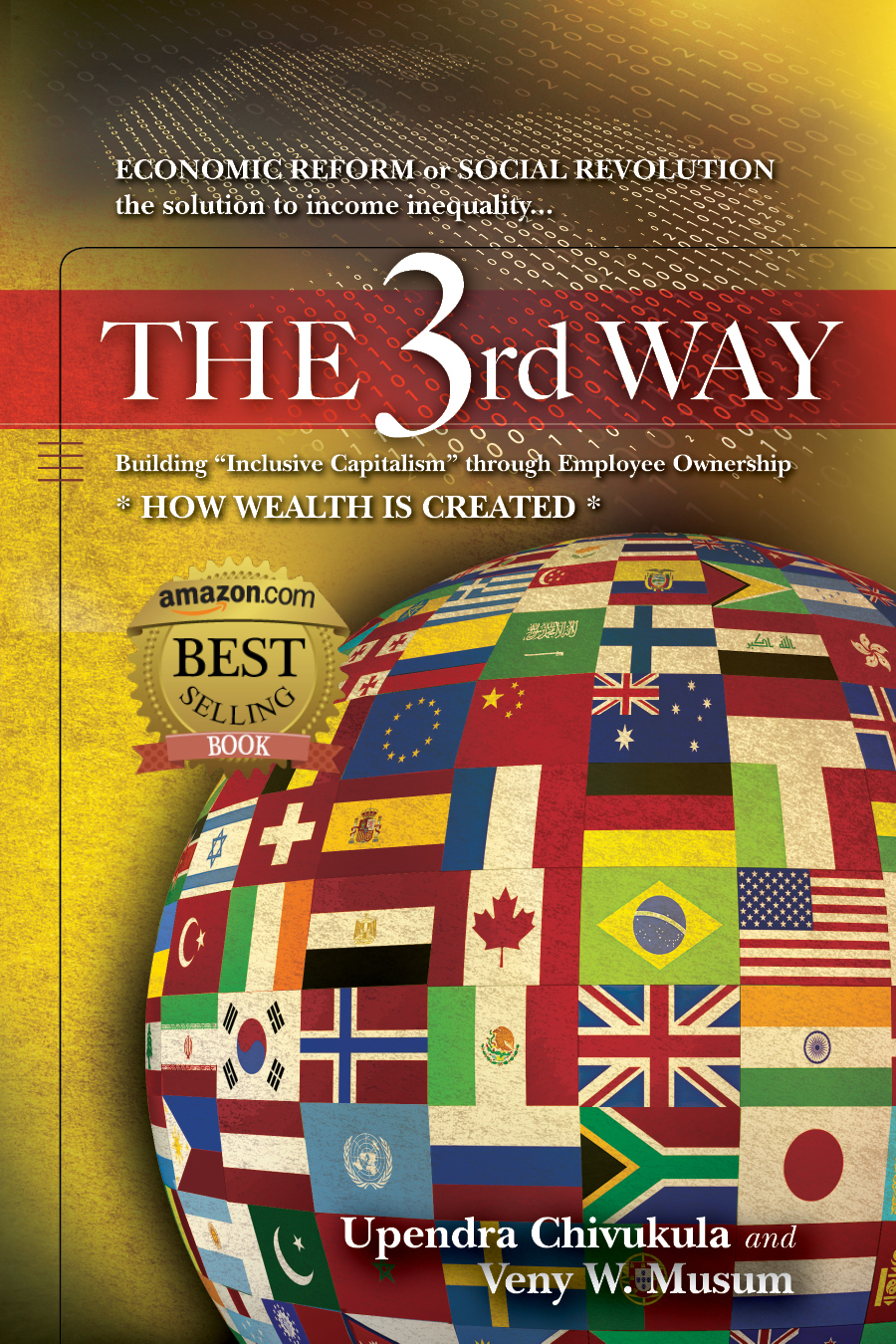HUD’s Poor Need Paths to Wealth, not Vouchers to Affluent Zip Codes
- March 2, 2017
- Economic Policy
by John Anthony, Founder, Sustainable Freedom Lab, ©2017
 (Mar. 1, 2017) — Rather than help low-income families learn the skills to succeed, HUD wants to move them into “opportunity-rich neighborhoods” hoping pre-existing success rubs off.
(Mar. 1, 2017) — Rather than help low-income families learn the skills to succeed, HUD wants to move them into “opportunity-rich neighborhoods” hoping pre-existing success rubs off.
With the new administration, HUD has an opening to help the poor escape poverty, reduce the pay gap, and eliminate a main cause that fuels America’s decade of increasing social clashes.
HUD’s 2016 program, Small Area Fair Market Rents, (SAFMR) relocates Section 8 recipients into upscale zip codes by increasing their voucher values. The agency believes the current residents’ success will transfer to the newcomers.
But SAFMR expands on HUD’s “Move to Opportunity” project that had dubious results. According to the agency’s own analysis, the 15-year project resulted in “No better educational, employment, and income outcomes.” The report also showed increases in crime and food stamp use.
Impoverished East Palo Alto, CA has practiced a similar HUD program for over 30 years. In 1987, their students began attending classes in tony Menlo Park, home to Silicon Valley, and more recently Facebook. At best studies show mixed results.
Vouchers and zip codes don’t pull people out of poverty; income does. Financial success requires attitude, skills, and opportunity. Today, HUD and the administration are in the position to work with Congress to provide all three.
The agency can work in low-income areas to gain community support for programs that teach work-age family members the importance of independence, property and wealth-building. They can learn how to manage personal challenges, practice community and workplace leadership, and learn job interview skills. Where necessary, privately-operated remedial classes can help those requiring basic schooling.
Last year HUD formed four regional Equity Assistance Centers to advance ‘income diversity’ in elementary and secondary classrooms. These EACs can be converted to Opportunity Centers to assist in coordinating locally-based learning programs and encourage state and local authorities to promote vocational schools.
Local businesses can participate by providing interviews and jobs for qualifying graduates of the program.
Closing the pay gap between American workers and CEO’s also provides opportunities for the poor and all classes to build wealth.
The gap exists, not because of political failures, but because, as capital becomes more responsible for production, labor becomes less of a factor. “Capital,” as Dr. Joseph Blasi, Professor of the Rutgers School of Labor and Management says, “is anything that improves the performance of labor.”
For example, imagine a construction company buys pneumatic nail guns enabling their workers to finish two structures in the same time it took to complete one with a regular hammer. The air guns are part of the company’s capital.
Because of that increased capital, the owner now has more structures to sell, while the workers’ labor still earns them the same amount of money.
The only way to close the gap is for workers to share in the capital.
Congress can address the pay gap by redirecting a portion of the business taxes that corporations pay back into the pockets of workers to fund profit-sharing and Employee Stock Ownership Programs.
HUD can then work with organizations such as the Kemp Foundation, to promote free enterprise zones in low-income areas that include requirements to hire a portion of their workforce in local talent. Enterprise zones make it easier for families to find jobs and travel to them.
With locally-based training initiatives and increased equity opportunities, low-income and all workers can build multiple revenue streams. Salaries create immediate income, profit-sharing provides additional monies, and the ESOP builds long-term wealth.
As for reducing violence, Veny Musum, author of “The 3rd Way, Building Inclusive Capitalism” notes, “Those Baltimore rioters would not have been so quick to burn down CVS if they owned shares of the business.”
It is time for HUD to consider new ways to help people out of poverty, rather than more experiments to make it comfortable.
John Anthony, Founder, Sustainable Freedom Lab
 John Anthony is a nationally acclaimed speaker, researcher and writer. He is the founder of Sustainable Freedom Lab. Mr. Anthony is the former Director of Sales and Marketing for Paul Mitchell Systems, Inc. In 1989, he founded Corporate Measures, LLC, a management development firm. In 2012, Mr. Anthony turned his attention to community issues including the balance between federal agency regulations and local autonomy.
John Anthony is a nationally acclaimed speaker, researcher and writer. He is the founder of Sustainable Freedom Lab. Mr. Anthony is the former Director of Sales and Marketing for Paul Mitchell Systems, Inc. In 1989, he founded Corporate Measures, LLC, a management development firm. In 2012, Mr. Anthony turned his attention to community issues including the balance between federal agency regulations and local autonomy.
In January 2016, Mr. Anthony was a guest at the prestigious Rutgers University School of Management Fellowship Honoring Dr. Louis Kelso. In February 2017, he was the keynote speaker on HUD and Property Rights at the Palmetto Panel at Clemson University.
- March 2, 2017
About The Blog
Multi-Author Blog (MAB) featuring relevant articles by leading scholars and experts in the field of Inclusive Capitalism and Economic Democracy.
Purchase THE 3rd WAY
THE 3rd WAY will show you and your family the powerful secrets the top 1% know regarding how wealth is best obtained in the 21st century.

